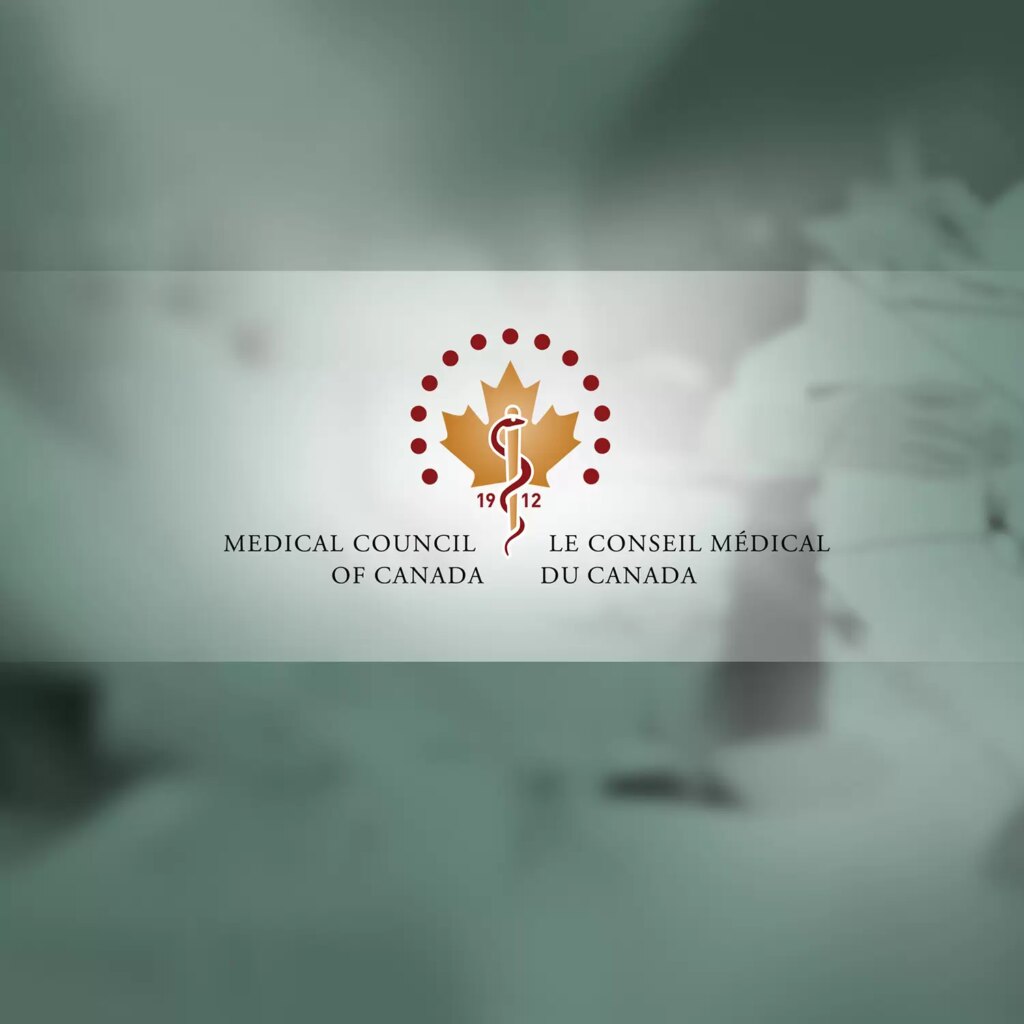Your services portal: physiciansapply.ca
A comprehensive account-based portal, physiciansapply.ca is run by the Medical Council of Canada (MCC) for Canadian and international medical students and graduates. It is a secure online account requiring only a one-time set-up fee, and gives access to helpful services including:
- Storage of your medical credentials in a centralized electronic repository
- Secure document sharing with Canadian medical regulatory authorities (MRAs) and other organizations who are registered with the MCC
- Access to MCC support to guide you through these services
You can also use your physiciansapply.ca account to access source verification of credentials, apply for examinations, and request the Licentiate of the Medical Council of Canada (LMCC) as well as other paid services.
Create your physiciansapply.ca account
- Go to physiciansapply.ca.
- Click create an account and follow the instructions.
- Pay your physiciansapply.ca account set-up fee.
If you previously had a MCC-Online or Physician Credentials Registry of Canada (PCRC-Online) account, contact our service desk to gain access to your existing account.
Services offered through physiciansapply.ca
Submit your international medical credentials for verification before sharing them with Canadian MRAs and organizations.
Review eligibility requirements and apply for the MCC Qualifying Examination (MCCQE) Part I and National Assessment Collaboration (NAC) Examination.
Exam results and medical credentials can be viewed and easily shared with registered organizations. The File Transfer Service allows you to transfer your documents to organizations that are not registered with the MCC.
Educational Credential Assessment (ECA) reports are sometimes needed to immigrate to Canada (as part of the Federal Skilled Worker Program, for example) and can be requested in your account.
The LMCC is part of the Canadian Standard, which defines the set of requirements physicians need to meet to apply for a full license to practise medicine.
To practise medicine in Canada, you must apply for medical registration with the MRA in that jurisdiction.
Some services in physiciansapply.ca require additional fees.
Language requirements for physiciansapply.ca
Medical credentials, passports, or other documents in a language other than English or French must be accompanied by an English or French translation to be uploaded and stored in your physiciansapply.ca account. The MCC requirements must be met for translations into English or French.
Funding for physiciansapply.ca
Run by the Medical Council of Canada, physiciansapply.ca has received funding from Employment and Social Development Canada as well as the Federation of Medical Regulatory Authorities of Canada and its members.

